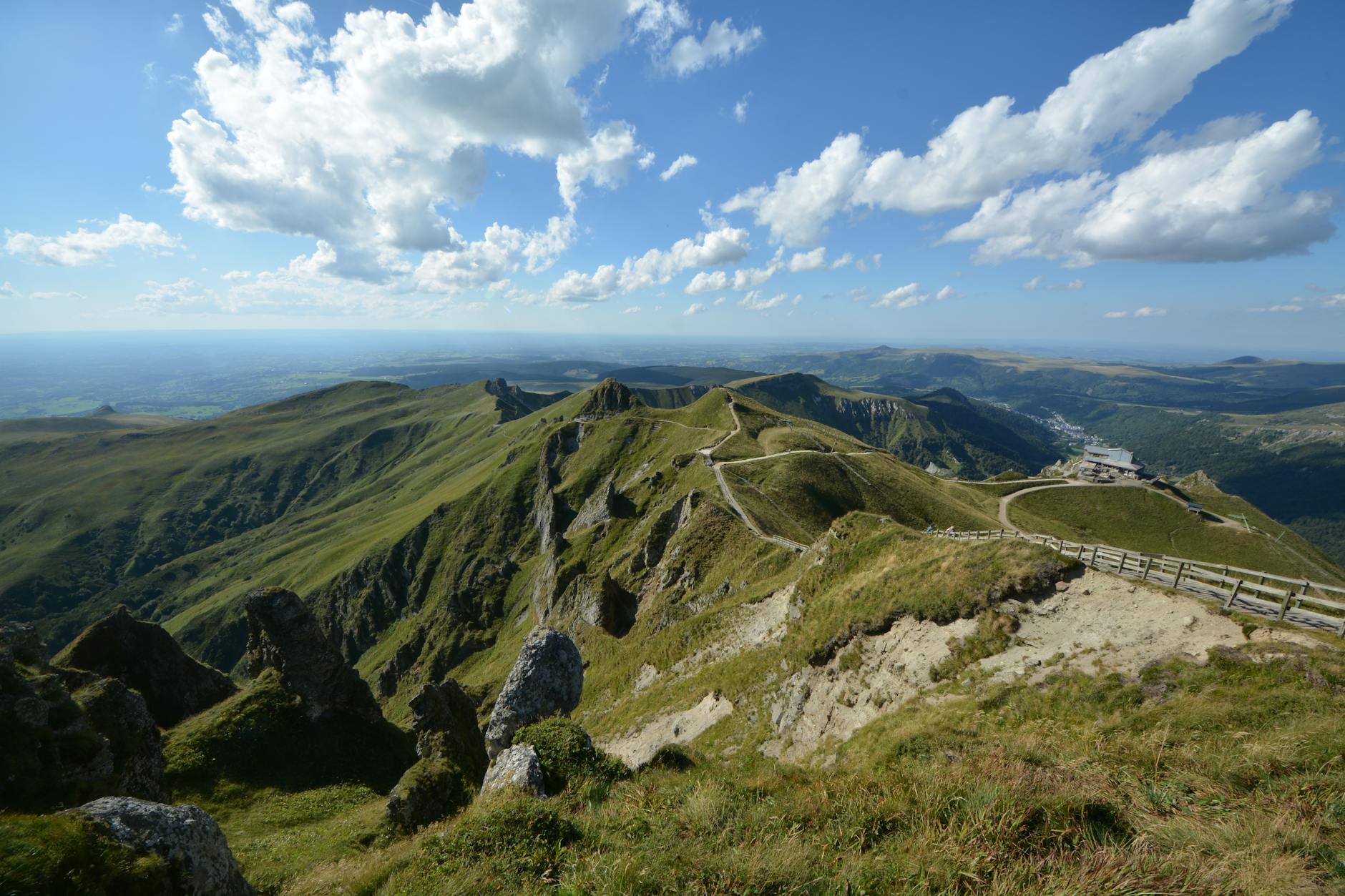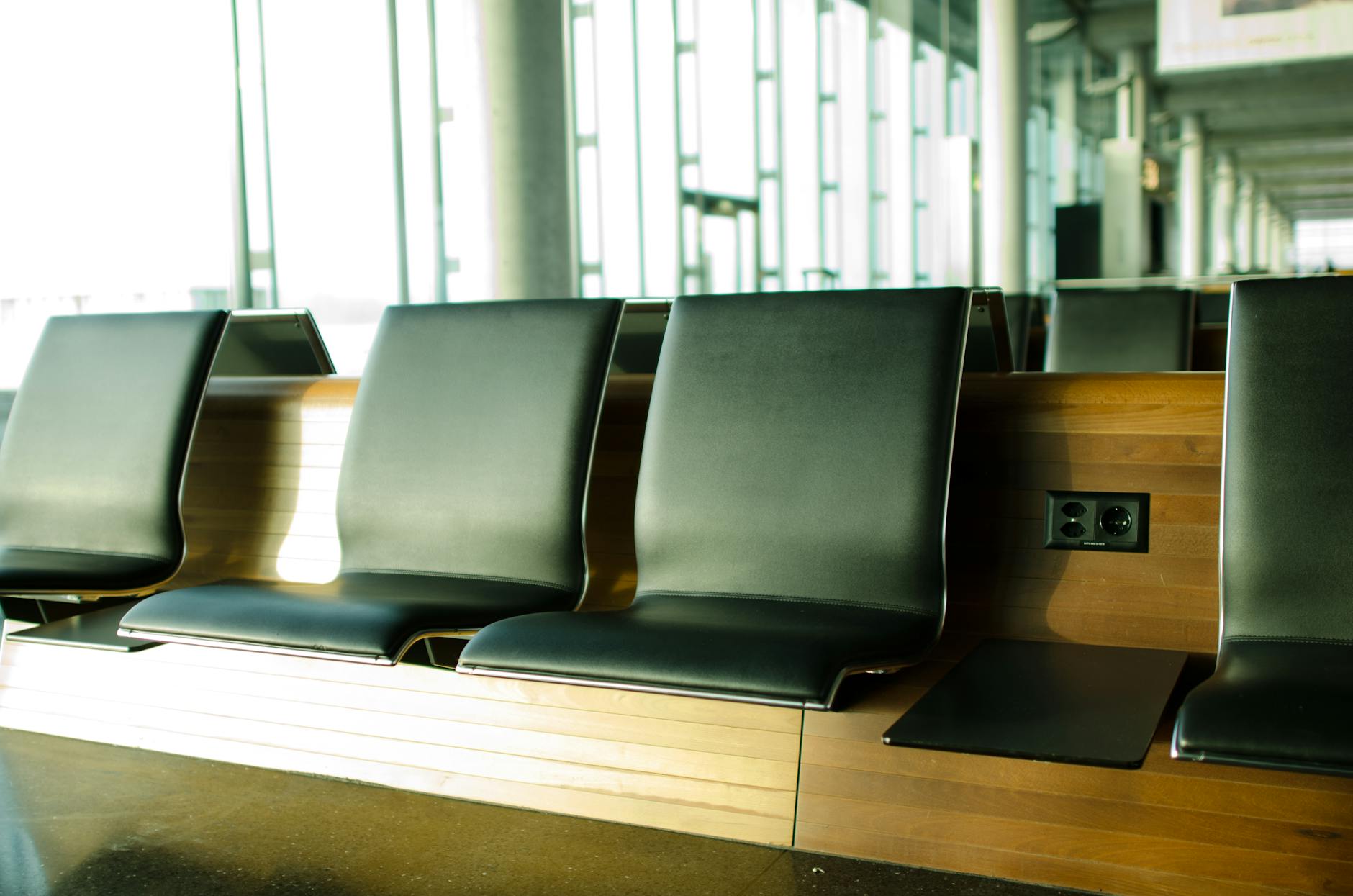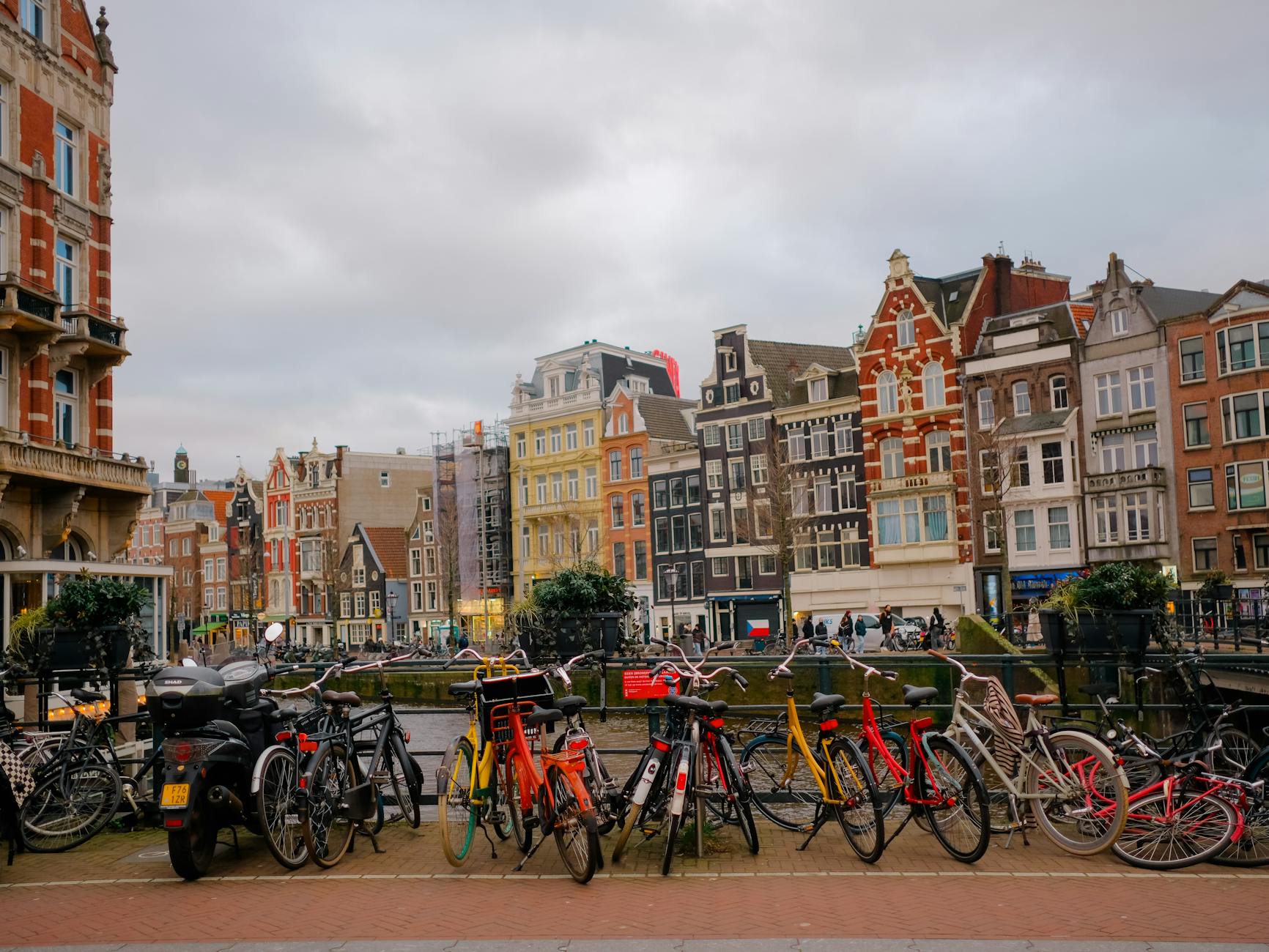Why Australia Should Be on Every Geography Teacher's Travel Agenda

Exploring Australia's Diverse Ecosystems
Australia's ecosystems offer a fascinating range of biodiversity, captivating everyone from wildlife enthusiasts to seasoned photographers. Brisbane locals, for instance, can often be found exploring the Queensland Museum, which provides excellent educational exhibits on local flora and fauna, setting the stage for further adventures galapagos cruise in the natural world.
Unique Wildlife Hotspots
Australia is home to a multitude of wildlife hotspots. Consider the Great Barrier Reef, a marine wonder providing endless opportunities for observing vibrant aquatic life. On land, national parks like the Daintree Rainforest host a rich array of endemic species. Seeking out these regions allows you to witness the habits of unique species first-hand.
Biodiversity Conservation
Conservation efforts are vital to maintaining Australia's ecological balance. Various organizations and initiatives aim to protect native habitats, ensuring that future generations can appreciate them. This ensures that places like the Brisbane Botanic Gardens, which are instrumental in ecological studies, continue to thrive as hubs for biodiversity research.
Hidden Natural Wonders
Australia's lesser-known natural wonders are treasures waiting to be uncovered. From the quiet majesty of Tasmania's Freycinet National Park to the remote beauty of Kangaroo Island, these locales present a rich tapestry of landscapes and ecosystems. Exploring these sites fosters a deeper appreciation for the intricate connections within our environment.
Such exploration not only broadens our understanding but also deepens our commitment to preserving these incredible ecosystems. Whether through local or broader adventures, like central america tours, immersing oneself in nature's wonders is a rewarding journey.
Delving into Cultural Riches
Indigenous Heritage Sites
Australia is a remarkable tapestry of history, deeply woven with the stories and traditions of its Indigenous peoples. The continent is home to countless sites that not only commemorate this rich heritage but also serve as educational platforms for students and teachers alike. Take, for instance, the culturally significant Uluru-Kata Tjuta National Park. This location offers insights into the spiritual connections held by the Anangu people. Students visiting these sites can gain a deeper understanding of the significance of land and heritage in Indigenous culture, enhancing their appreciation of Australia's cultural mosaic.
Multicultural Melting Pots
Cities like Sydney and Melbourne are prime examples of cultural diversity, a trait that defines modern Australia. These urban centers are vibrant communities where various cultures coexist, contributing to a colorful tapestry of traditions, cuisines, and lifestyles. Young Australians can learn from these diverse environments through engaging activities, like participating in cultural festivals or sampling international cuisines, fostering a broader understanding of global cultures. This exposure nurtures open-mindedness and appreciation for Australia’s multicultural society.
Local Traditions and Festivals
Australia's cultural scene is vibrant and thriving, thanks to its diverse population. From the lively Sydney Gay and Lesbian Mardi Gras to the serene White Night festival in Melbourne, cultural celebrations abound. They are perfect for educators who want to give students real-world examples of cultural practices and celebrations. These festivals not only demonstrate Australia’s rich cultural diversity but also provide a space for students to connect with each other and discuss multiculturalism, much like the interactive displays at the State Library of Queensland facilitate meaningful engagement and dialogue. These experiences reflect the unique cultural richness present in the country, similar to the diverse itineraries one might experience on Namibia tours or Arctic cruises.
Navigating Australia's Geography
Diverse Landscapes
Australia is a treasure trove of diverse landscapes that offer endless opportunities for exploration. From the sun-scorched expanses of the Outback to the lush rainforests of the Queensland tropics, each geographic area has its unique allure. In southeast Queensland, for instance, you can witness the splendor of the Great Dividing Range, which provides a dramatic backdrop for ecology studies at the Brisbane Botanic Gardens.
Geographical Landmarks
Across Australia, geographical landmarks serve as significant reference points and sources of wonder. Uluru, for instance, is not just visually arresting but also steeped in Aboriginal significance. Meanwhile, the Twelve Apostles, along the Great Ocean Road, display the sheer power of natural erosive processes. Educators and students alike can learn a lot from these natural formations, making them worthy of further study.
Seasonal Climate Variations
Understanding Australia's seasonal climate variations is crucial, particularly when planning fieldwork or excursions. The country's climate ranges from temperate in the south to tropical in the north, impacting everything from vegetation to wildlife patterns. For example, Queensland's dry and wet seasons dramatically affect local ecosystems, offering real-world examples of climate influence on biodiversity. Such insights can be invaluable for field research, much like what one might observe on Galapagos Islands tours or Patagonia tours. This knowledge can enhance the understanding of geographical studies, making it all the more engaging and informative for students and fellow educators alike.
Overcoming Travel Challenges
Remote Location Logistics
When planning trips to some of the world's stunning wildlife locations, such as a tanzania safari or a south africa safari, managing logistics can be quite a task. Imagine trying to capture the perfect shot with limited access to transport and communication services. It's a hurdle that many, like myself, have faced while exploring remote areas for nature photography.
It's essential to prioritize planning by investigating the available means of transportation to your desired destination, whether that involves chartered flights, local guides, or even specific accommodations that cater to photographers. Often, contacting local tour operators ahead of time helps mitigate unexpected surprises.
Another aspect to consider is the unpredictability of travelling to these remote locales. Whether you are a teacher helping students learn about various ecosystems or a wildlife enthusiast like Ben Jackson appreciating the diverse habitats across the globe, keeping alternative plans ready is wise. This might include knowing the locations of the nearest hospitals or safe accommodation options available during unplanned stays.
With this thoughtful preparation, venturing into remote territories becomes less daunting and more of an enriching journey.
Educational Best Practices for Teachers
Collaborate with Local Experts
When teaching about Australia's vibrant ecosystems and cultural variety, collaborating with local experts can greatly enhance your lessons. Engaging with Indigenous leaders or ecologists from the Brisbane Botanic Gardens offers students an opportunity to learn directly from the custodians of this vast knowledge. For instance, a local historian can provide invaluable insights into the cultural significance of Indigenous heritage sites. Moreover, experts from institutions like the Queensland Museum can unveil the wonders of hidden natural sites and the importance of biodiversity conservation. Through these engagements, students gain a firsthand understanding that surpasses textbook learning.
Design Impactful Itineraries
Creating educational itineraries is crucial in making your field trips both meaningful and impactful. Start by including visits to geographical landmarks like the Great Barrier Reef and Uluru, which are iconic Australian features. Supplement these visits with time spent at the State Library of Queensland for hands-on activities that make lessons come alive. As part of your planning, consider the logistical aspects of remote locations, ensuring all necessary permits and permissions are obtained. This careful planning will ensure that your educational itineraries are both engaging and successful, providing students with lasting memories.
Respectful Wildlife Observation
While exploring Australia's natural habitats, ethical wildlife observation should be a top priority. Reminding students to maintain a safe distance from animals and adhere to park regulations is a fundamental part of this. At the Brisbane Botanic Gardens, for example, students can learn about sustainable wildlife observation methods. This approach not only preserves the natural environment but also instills a sense of responsibility toward biodiversity. By focusing on ethical practices, students learn to appreciate the importance of sustainability and conservation in protecting our fragile ecosystems.


